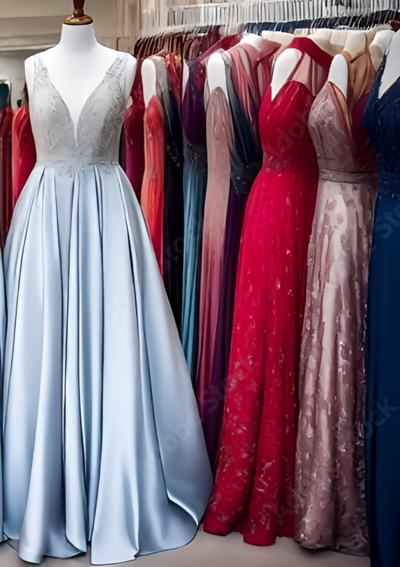Backhanded Compliments

Backhanded Compliments
Deb Yamanaka
When I got married in 1993, I wore an Edwardian style gown with a simple French lace overlay and a crown to ground matching French lace veil and train. It was, for the time, a simple dress and well suited to my personal style.
My mother’s reaction to my dress was “Oh thank heavens. I was worried you’d choose a red gown.”
Her worries were not unfounded. For as long as I can remember I always thought that if I got married, I’d wear red. It was (and remains) my favorite color.
What strikes me, many years later, is not that she commented on what my dress was – she didn’t – but on what it wasn’t. And it makes me think about how many times I do the same thing. More importantly, how many times people do exactly that.
“The movie wasn’t bad.”
“That dress doesn’t look bad on her.”
“Thank you for not being late.”
“You look really good today.”
“They’re not a bad company to work with.”
The rhythm of the commentary is so natural to us – or at least to me – that I often find the phrases coming out of my mouth before I realize what I’m saying.
Occasionally someone will laugh and call me out on my accidental backhanded compliment. I’m always embarrassed because I really never mean it the way it sounded. It just comes out that way and often for the very best intended reasons.
The movie wasn’t bad. It was time well spent with a friend but the movie was really secondary. And maybe I saw it because I wanted to spend time with the friend and really hadn’t been interested in the movie in the first place so while it didn’t knock my socks off, I was pleasantly relieved that I wasn’t fighting the urge to get out of the theatre.
Maybe the person who looks really good today normally looks good but happens to be looking especially good at that moment. (And haven’t we all heard that one?”) We’ve noticed that they’ve taken some extra time getting ready or made a change that we really like. Or maybe they got that extra hour of sleep we all crave.
I can’t tell you the number of times I’ve been deeply appreciative of a person who has arrived exactly on time. Not early and not late. But exactly on time so that the rest of your packed day has a better chance of staying on schedule. I understand how monumental of a task that timeliness can be for a person – especially a person running a company and/or raising children or…as in my case…navigating a world in which having a service dog at your side means having some extra hoops to jump through. So, if I tell you how grateful I am that you weren’t late what I am telling you is that I appreciate the respect in your timeliness.
Perhaps you’re in a job interview and asked about an organization with which you have limited experience. You know they aren’t hard to work with, but you aren’t comfortable putting your personal reputation on the line for them without a stronger feel in areas you value – such as quality of delivery. So, you couch your reference in terms that put some guardrails around the recommendation. “I haven’t worked with them much but where I have, I’ve appreciated what they brought to the table.”
I’ve always admired those who are fast on their feet with a rosy set of truthful terms that find a way to be honest and kind at the same time.
Given the time to choose our words thoughtfully we are all more articulate and gracious and…most importantly…meaningful in what we say and how we say it. But in this crazy fast paced world with the seemingly millions of things we have on our plate, sometimes we mean the best version of the compliment even if it comes out backwards. Time is a beast!
An email adage oft shared is “assume good intent” since the nuances of text can come across very differently than the writer intends. But the truth is, even with the texture of the spoken word available, we are still often misunderstood. That’s just the nature of being human.
So, if I’ve given you what seems to be a backhanded compliment, please assume I mean only the best for you. I’ll do the same (usually) in return. The important thing is that we are here, in the now, and we’re connecting.
No matter what the color of the wedding dress is.
